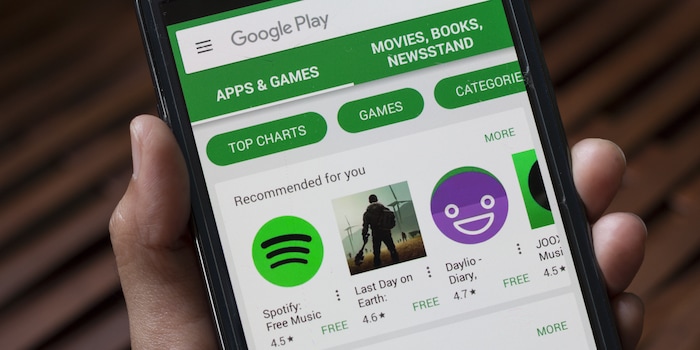
Android: Google restricts sideloading from alternative app stores
From next year, Google will restrict sideloading from alternative app stores. The reason for this is security.
From March 2026, Google is introducing new rules for Android apps. From then on, you will only be able to install applications whose developers have officially registered and signed their apps. The option to sideload anonymous programmes onto your device will disappear for good.
Why is Google doing this?
Google explains that this procedure is intended to protect users from malware. Without anonymous developer accounts, it is more difficult for criminals to spread malicious software. In future, attackers would have to take over an existing account or work with stolen identities - which is much more complex.

Source: F-Droid
What does this mean for you?
The regulation has been in force in the official Play Store since 2023. For normal users of third-party stores, things will only change from March 2026: apps without registered publishers can no longer be installed from then onwards.
If you want to offer an app outside of the Play Store yourself, it will be more complicated. Because then there is no way around a new developer console. You have to enter personal data there: Name, address, telephone number and a valid e-mail address. Google also requires proof, such as invoices or ID documents. If you run a business, you will also need a so-called DUNS number so that you or your business can be clearly identified. You can get this number free of charge, but it can take several weeks to issue. Anonymous or pseudonymous publications are excluded. Android phones that run without Google services are not affected.
Changes are coming step by step
Google is introducing this change in stages. A test run with selected developers will start in October 2025. From March 2026, the new obligation will apply worldwide - but not everywhere at the same time. In countries such as Brazil, Indonesia, Singapore and Thailand, the rule will apply from September 2026, while in other regions it will not apply until 2027. If you then try to install an unregistered app, you will receive an error message. Neither alternative app stores nor manual sideloading will help you as long as the app is not registered.
I've been tinkering with digital networks ever since I found out how to activate both telephone channels on the ISDN card for greater bandwidth. As for the analogue variety, I've been doing that since I learned to talk. Though Winterthur is my adoptive home city, my heart still bleeds red and blue.
From the latest iPhone to the return of 80s fashion. The editorial team will help you make sense of it all.
Show all